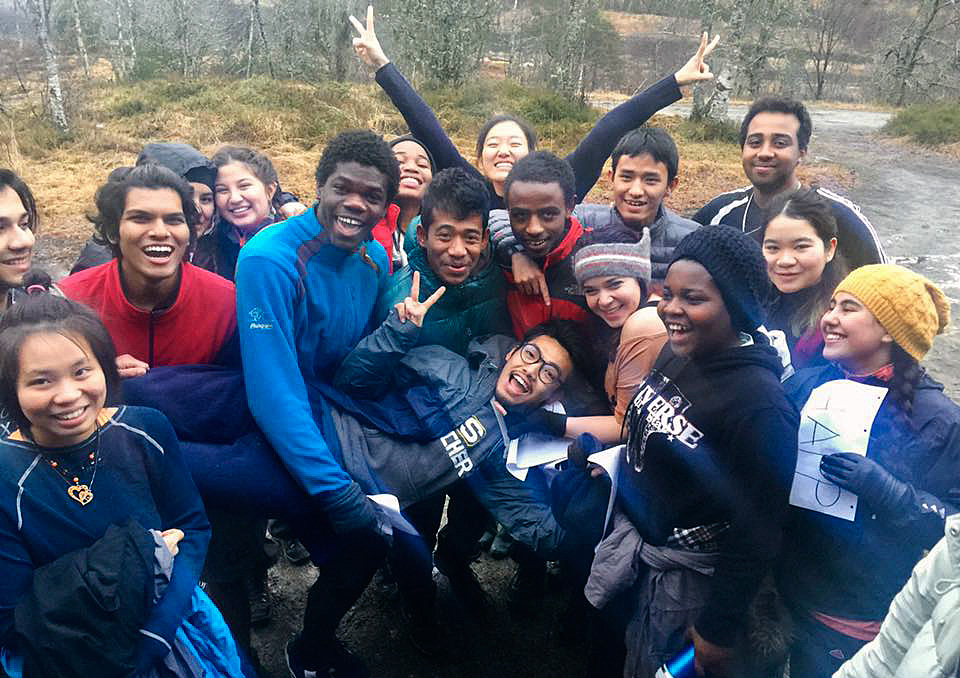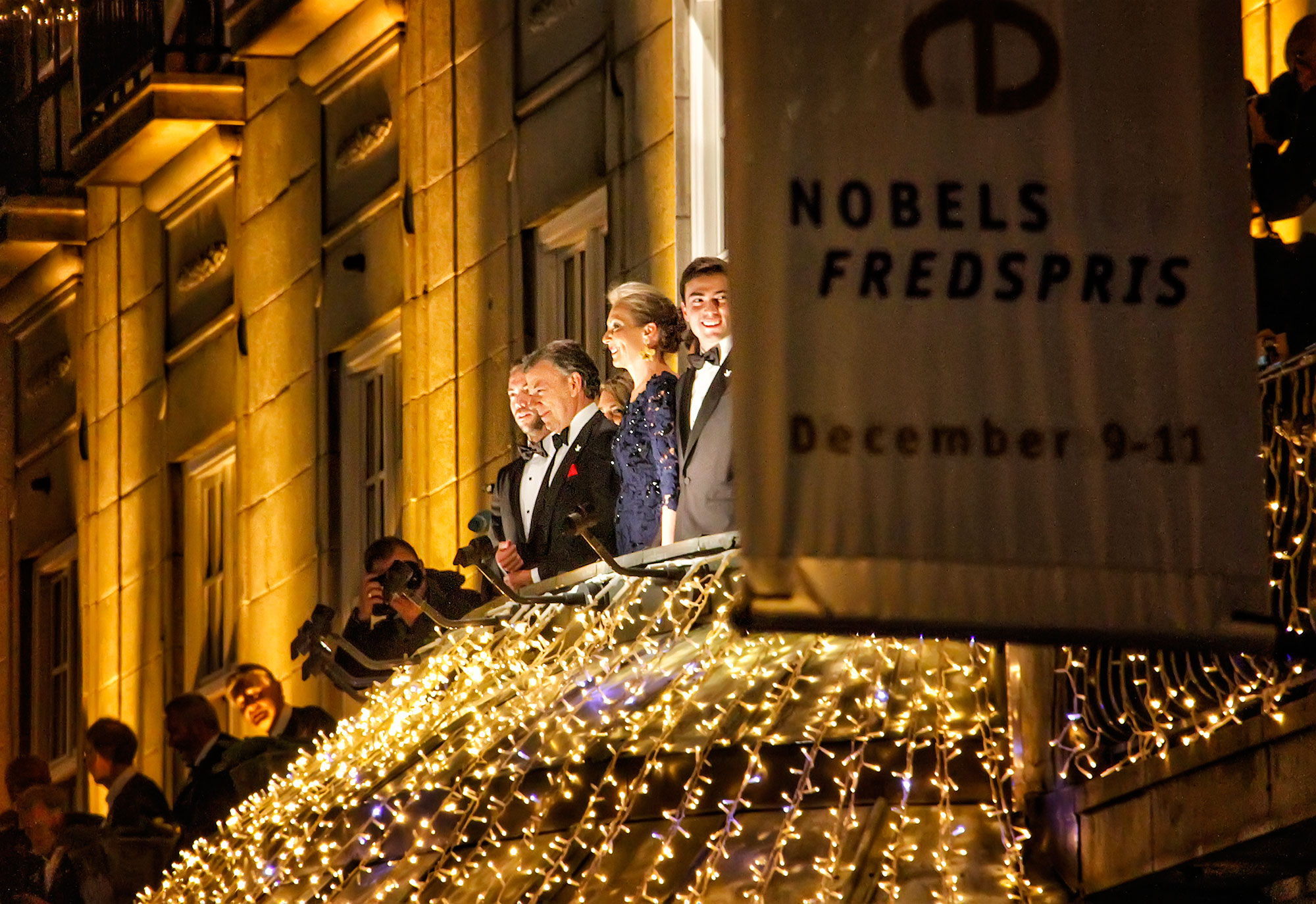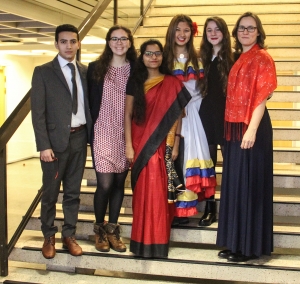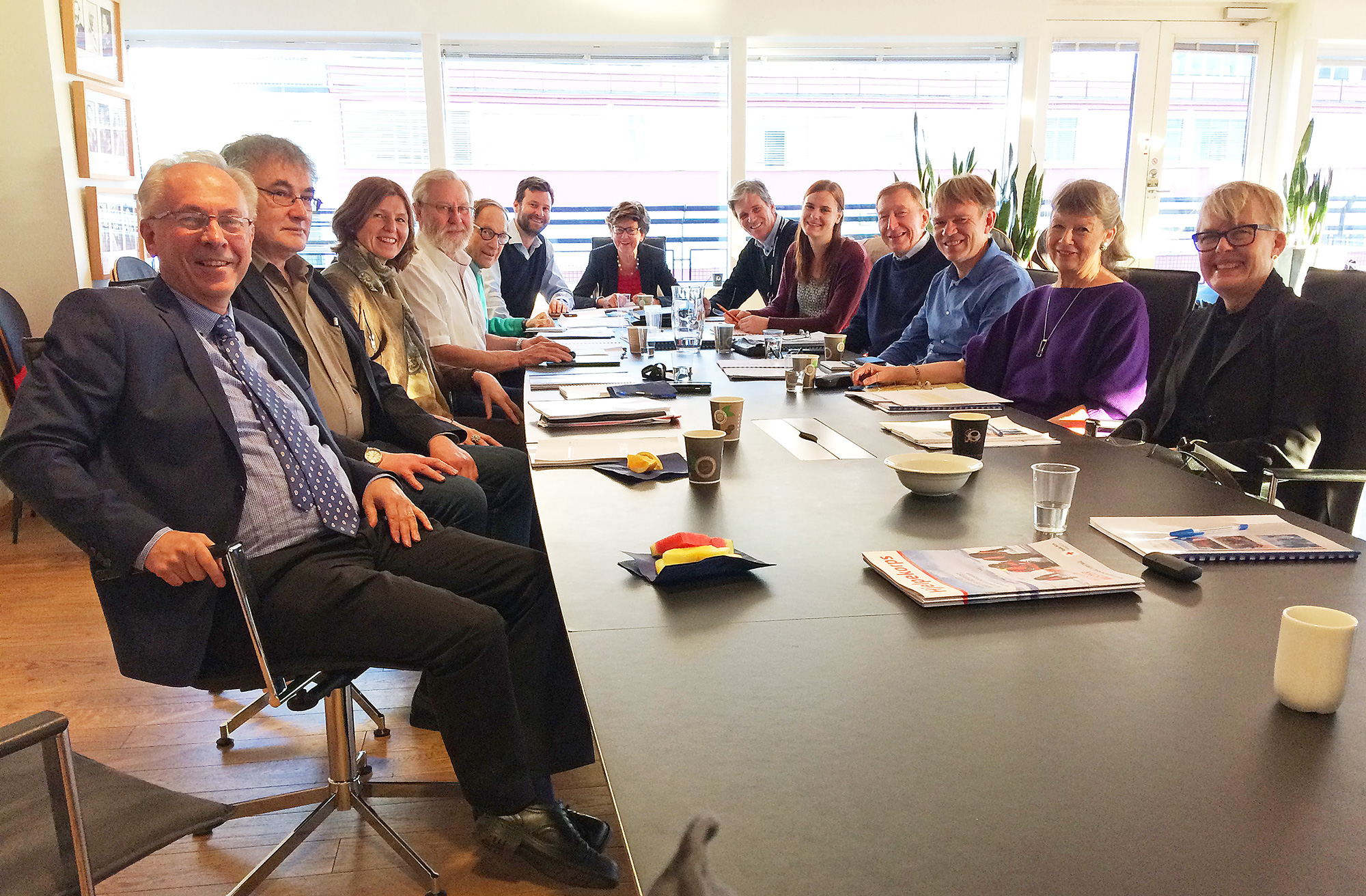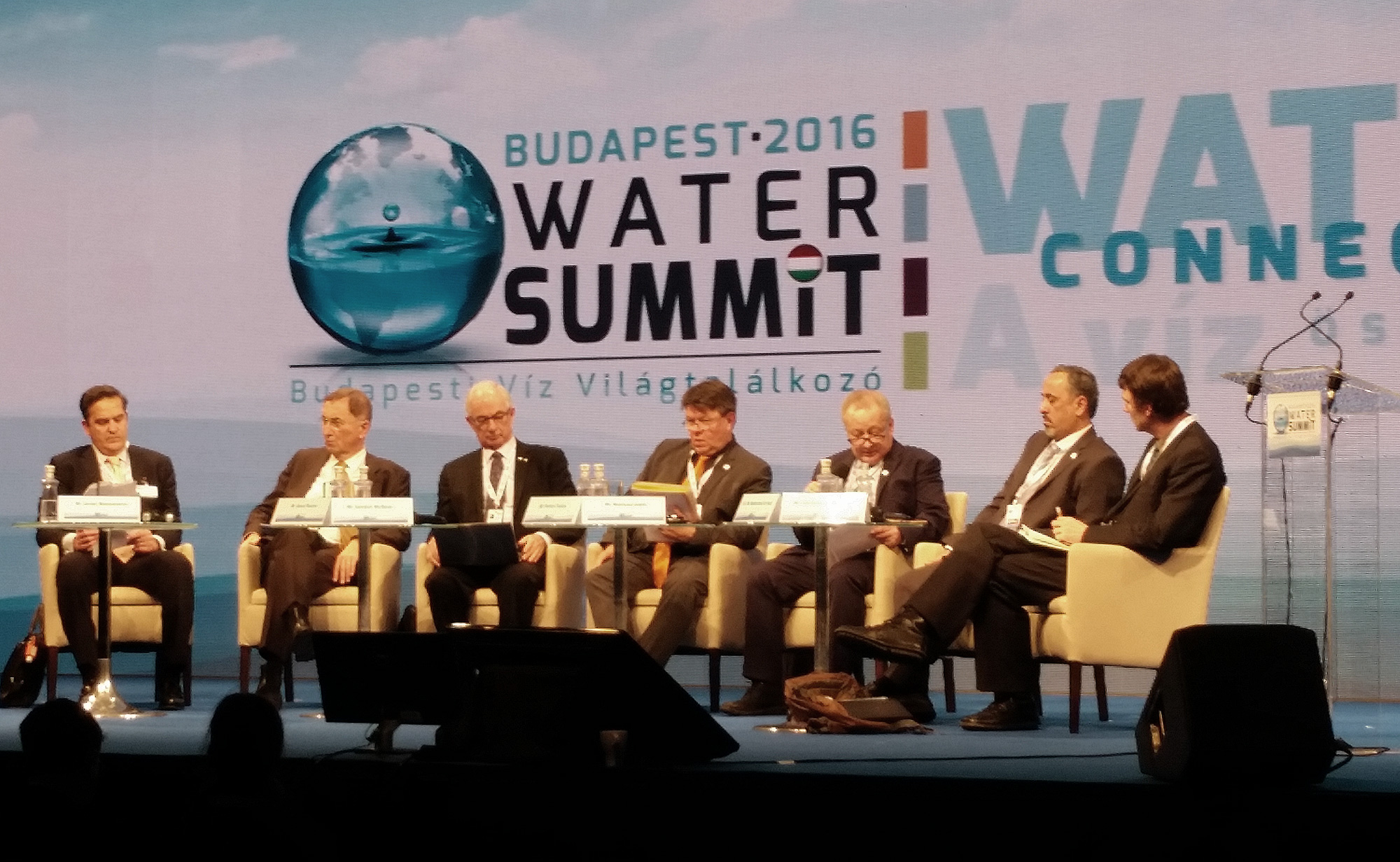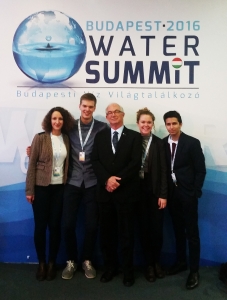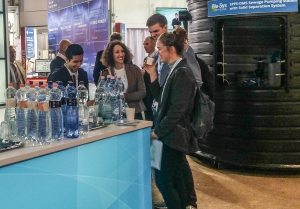The Winter Programme
One of our students has written this account of the College’s Winter Programme.
The experience I had of the Winter Programme was one of the best experiences in RCN. It is run for ‘travel support’ students who College cannot afford to send back home for the December break. I had a choice to go back home but I decided to stay because I wanted to know more about the Norwegian culture and experience the way they celebrate Christmas here.
We spent our first week in Oslo. Some of us witnessed the Nobel Peace Prize Ceremony and all participated in the torchlight parade through the City Centre. Everyone had been allocated a host family through the Norwegian National Committee.
We visited Vigelandsparken Sculpture Park, the Viking and Kon-Tiki Museums, and the National Gallery. We had a big dinner feast at the offices of SOS Children’s Villages. Some other memorable activities included the winter wonderland Ferris Wheel and ice-skating. For many of us it was the first time doing this, so it’s no surprise that we kept falling all the time. After the Oslo trip, we went to Red Cross Cabin in Langeland. One of the biggest challenges was the life without internet connection for 7 days. In the beginning, no one was happy about this.However, every single one of us turned out to cherish this condition- more time laughing, playing cards, talking, dancing salsa crazily, hiking and watching movies together. We also went to Førde for ten-pin bowling – amazing. In the cabin, took turns for the responsibility of the four main tasks: cooking, cleaning, keeping the fire and tidying.
ere.
After the Oslo trip, we went to Red Cross Cabin in Langeland. One of the biggest challenges staying in the cabin was the life without any internet connection for 7 days. In the beginning, no one was happy about this. However, every single one of us turned out to cherish this condition. Because we had more time laughing, playing cards, talking to one another, dancing salsa crazily, hiking and watching movies together. Alongside this, we went to Førde for ten-pin bowling and the thrill of playing in our groups was amazing. In the cabin, we were divided into 7 groups. Each group took its turn for the responsibility of the four main tasks: cooking, cleaning, keeping the fire and tidying.
As a group, we had a quiz and competition of making gingerbread houses which is a tradition in Norway. The wonderful moment began when we started to put icing on each other’s face. For me, staying in the cabin was my most favorite moment during the winter break because I took the opportunity to talk and get to know new friends.
Christmas was celebrated at the College. Although we were not at home with our families we enjoyed being together and running our own Secret Santa (through the kind donation of the parents of a former RCN student from Hong Kong). At New Year’s Eve, we had a special dinner, sang karaoke, danced and counted down for 2017 together. Since the winter break started, all of us were waiting for snow. We had almost given up on it because we didn’t have a ‘white’ Christmas but, to our surprise, on the very first day of 2017 when we looked outside our windows RCN looked like a winter wonderland. We took more pictures and had a snow ball fight.
I am very happy and grateful for being a part of the College’s Winter Programme. As can be seen, we did everything together and got to know each other much better. We helped each other and passed through a lot of challenges as a group. The experiences taught me the true value of teamwork, forgiveness, friendship, compassion, and open-mindedness towards one another. We are like a family. ‘Memorable’ seems to be a suitable word that explains the whole experience. This sure will be one of the most memorable moments in my life.
I would like to express my gratitude to Thor Elvebakk, Alex Mackay, Josh Macfarlane and Kerrion Murhesa for taking good care and looking after us during the Winter Programme– and to Hildegunn Arstein and the rest of the staff team and our host families for their support and for making this wonderful event happen.
Meejung Kamolchatr Ruengthong (RCN ’18 Thailand)

